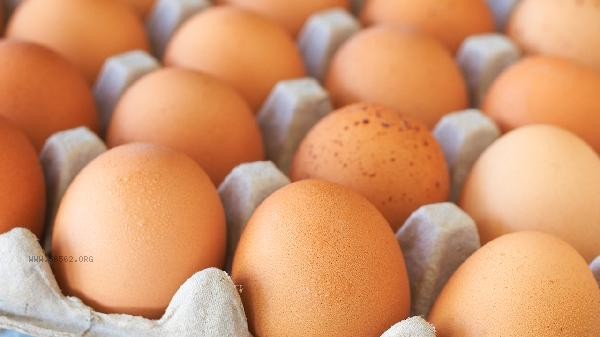The amount of eggs that the human body can absorb per day varies from person to person, and it is generally suitable for healthy adults to eat 1-2 eggs per day. Eggs contain high-quality protein, lecithin, vitamin A, vitamin D and other nutrients, but excessive consumption may increase gastrointestinal burden or lead to high cholesterol intake. Factors such as digestion and absorption capacity, exercise intensity, and basal metabolic rate can affect an individual's actual utilization of egg nutrition. The proportion of amino acids in eggs is close to the human body's demand pattern, indicating good bioavailability. A medium-sized egg contains about 6 grams of protein, and the daily protein requirement for healthy individuals is about 0.8-1.2 grams per kilogram of body weight. For an adult weighing 60 kilograms, 2 eggs can provide about one-third of the daily protein requirement. The cholesterol content in egg yolks is about 200 milligrams, and current research shows that moderate intake does not significantly affect the blood lipid levels of healthy individuals. The cooking method can also affect absorption, and the digestion and absorption rate of boiled eggs can reach over 90%. People with hypercholesterolemia, gallbladder disease, or protein metabolism disorders should limit their egg intake. Some individuals who are allergic to eggs may experience reactions such as rash and diarrhea, and should avoid consumption. Teenagers during their growth and development period, pregnant women, or those who are working out to gain muscle can increase their eggs to 3, but they should be consumed in three separate meals. Long term single and large intake may lead to nutrient imbalance. It is recommended to consume vegetables, fruits, and whole grains together.

Eggs can be paired with fiber rich foods such as broccoli and oats in daily diet to help delay cholesterol absorption. Eating eggs within 30 minutes after exercise is beneficial for muscle protein synthesis. The middle-aged and elderly people are suggested to give priority to steamed eggs, Egg&vegetable soup and other easily digestible forms. Individuals with special conditions such as chronic kidney disease should adjust their egg intake under the guidance of a doctor or nutritionist to avoid exacerbating the metabolic burden on the liver and kidneys.











Comments (0)
Leave a Comment
No comments yet
Be the first to share your thoughts!